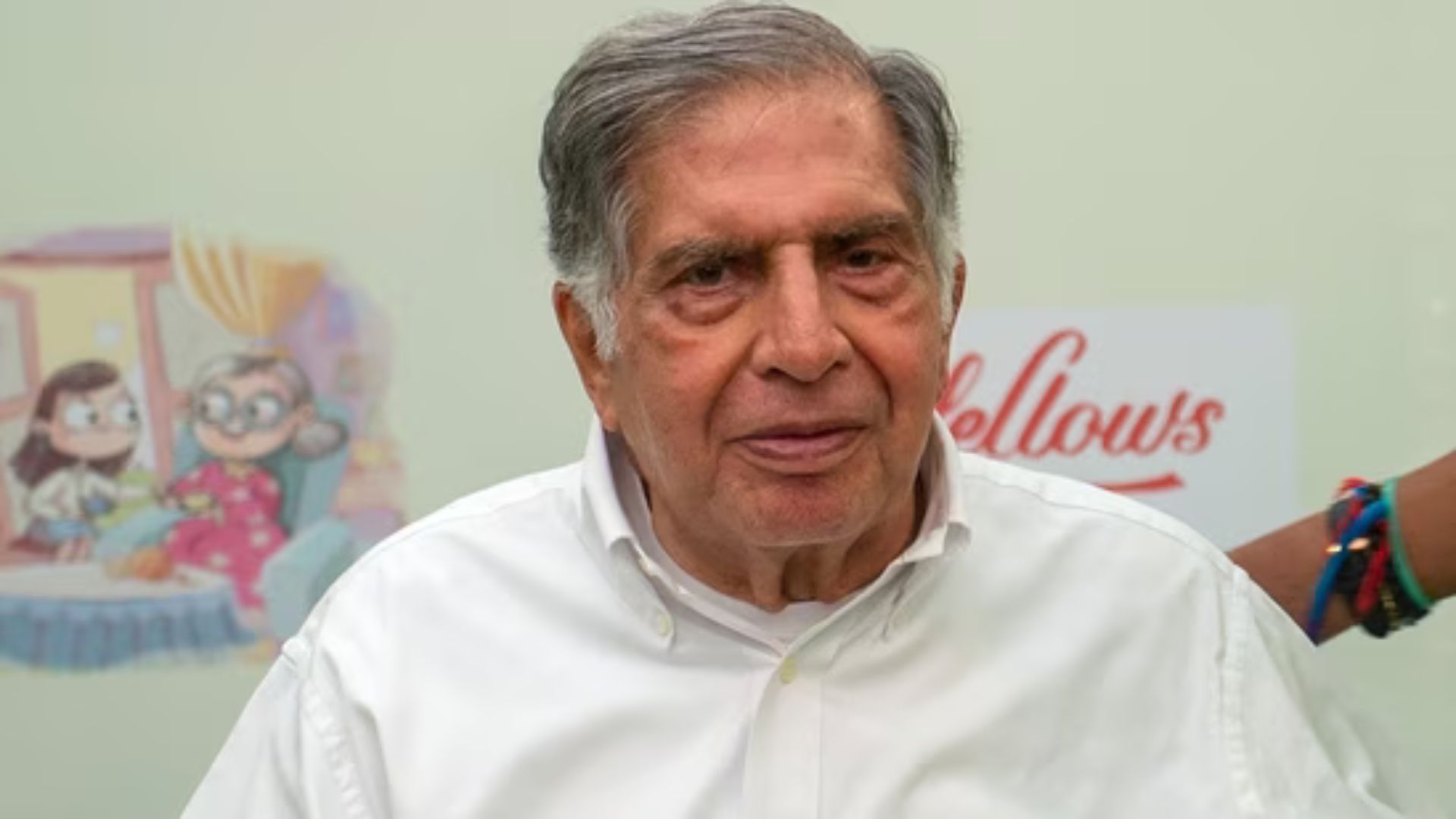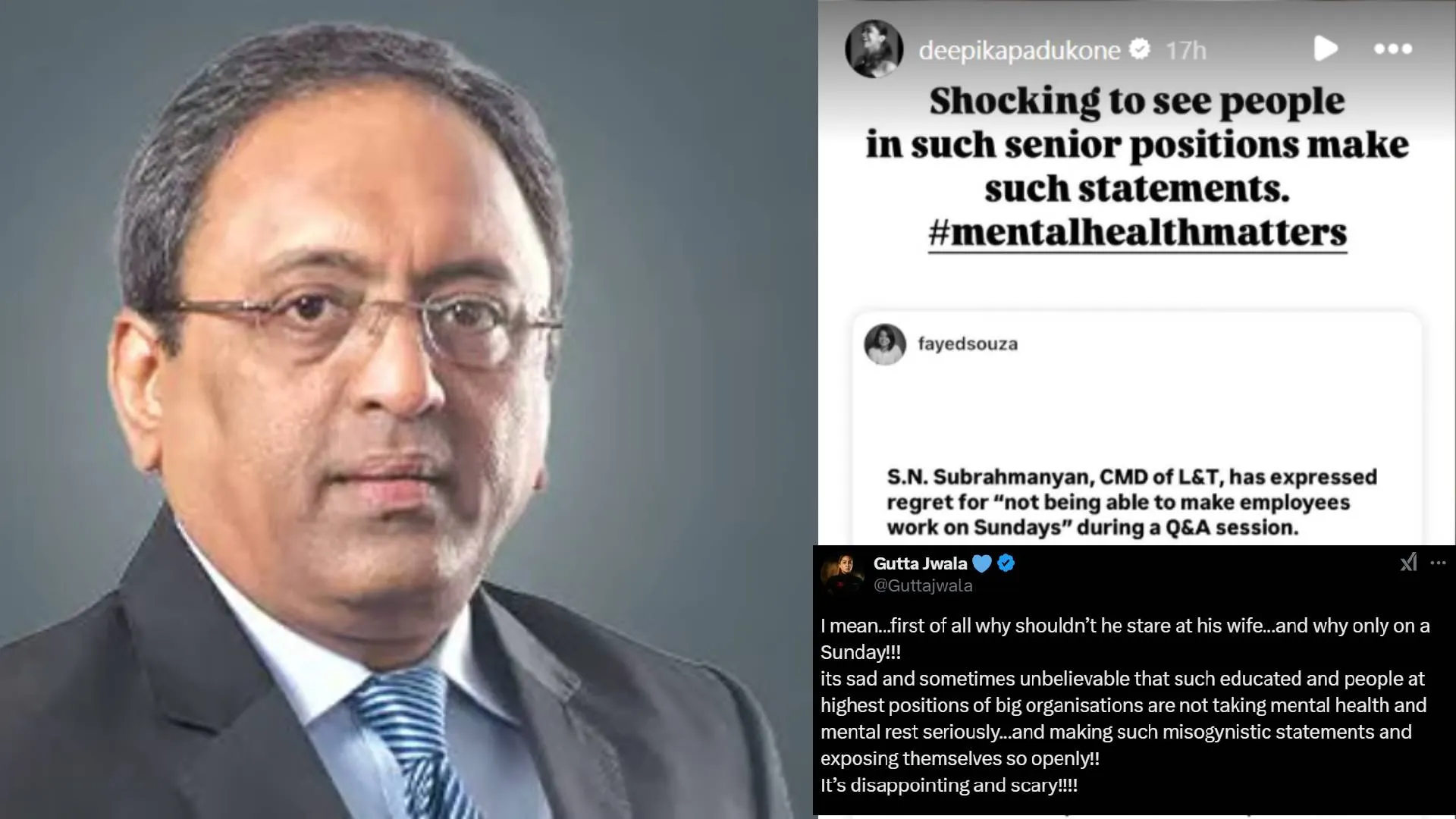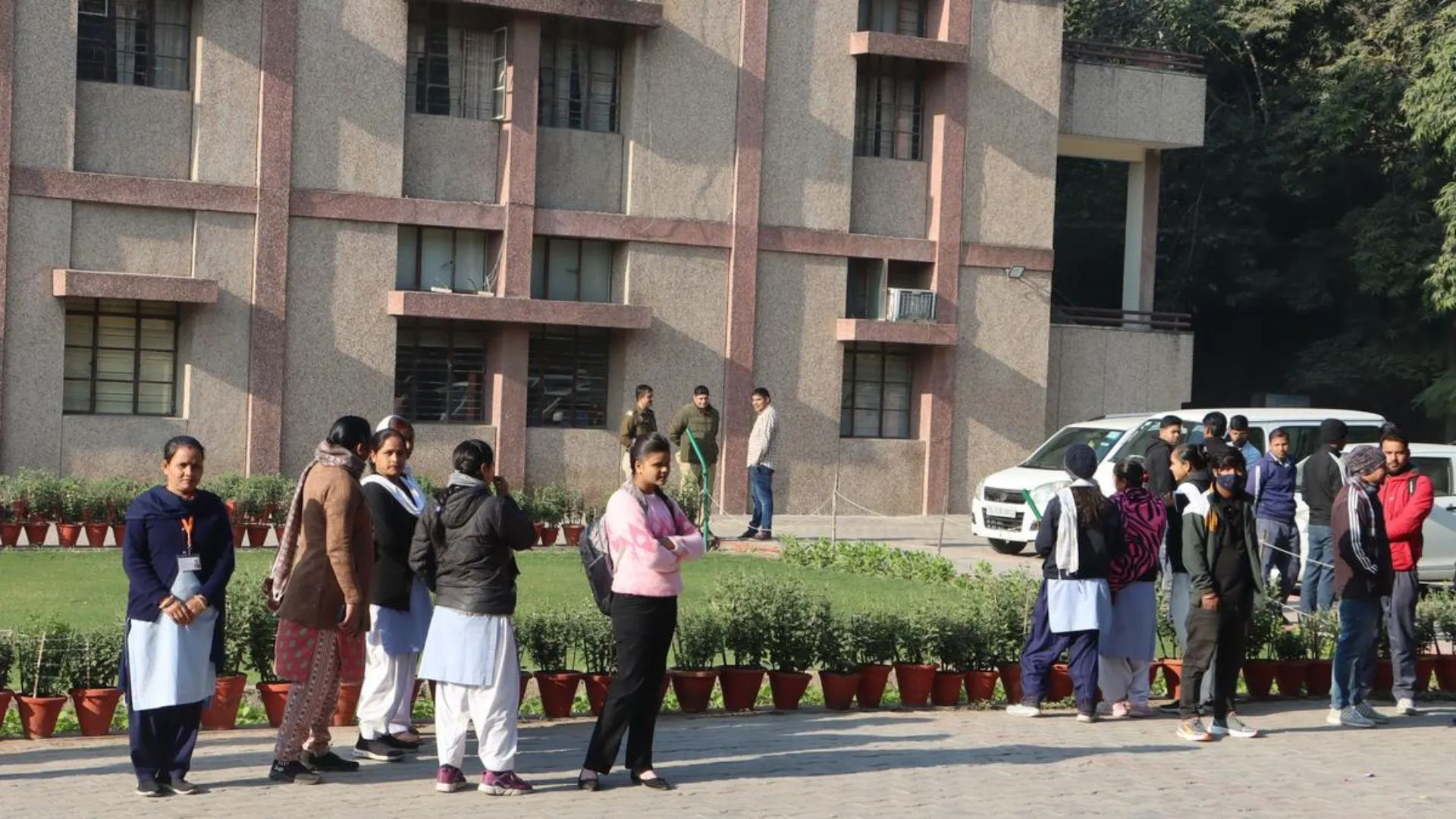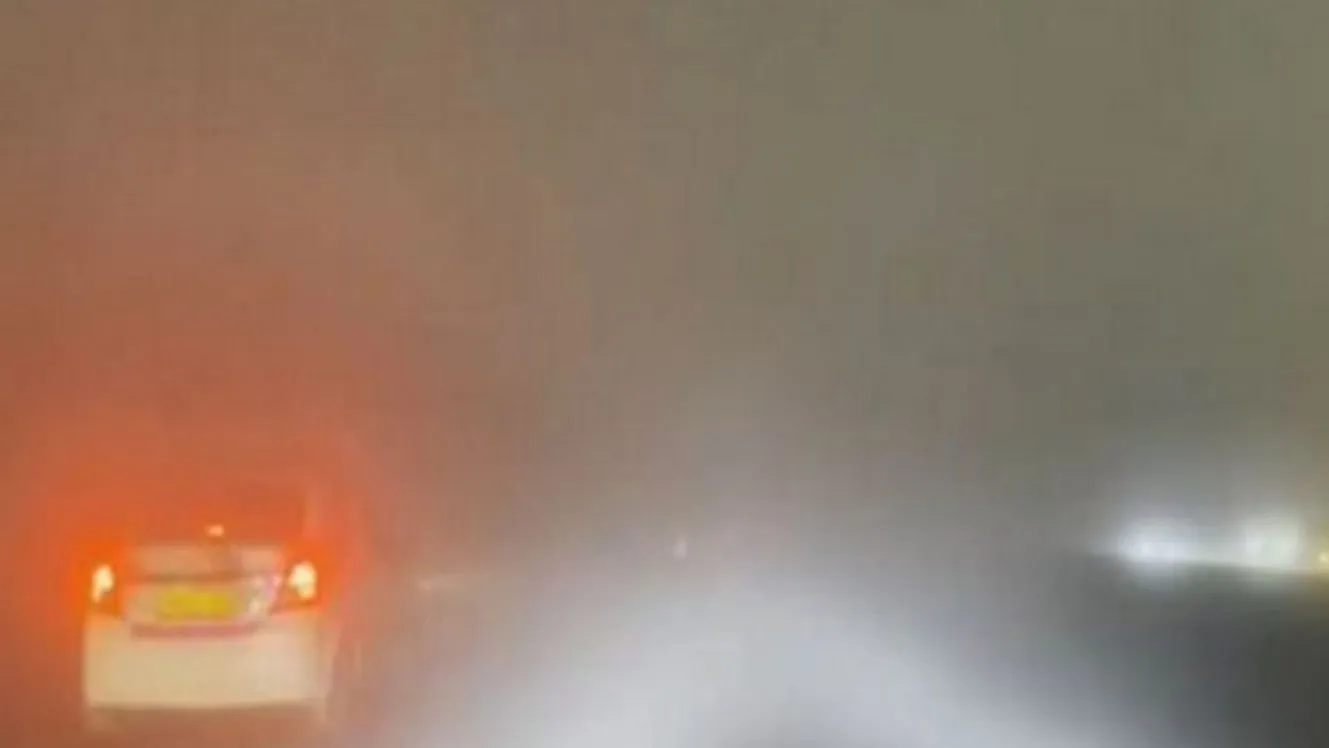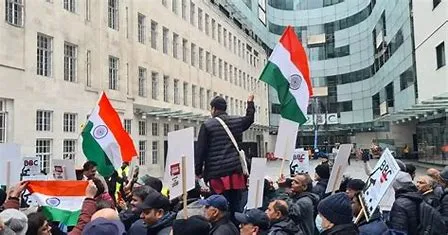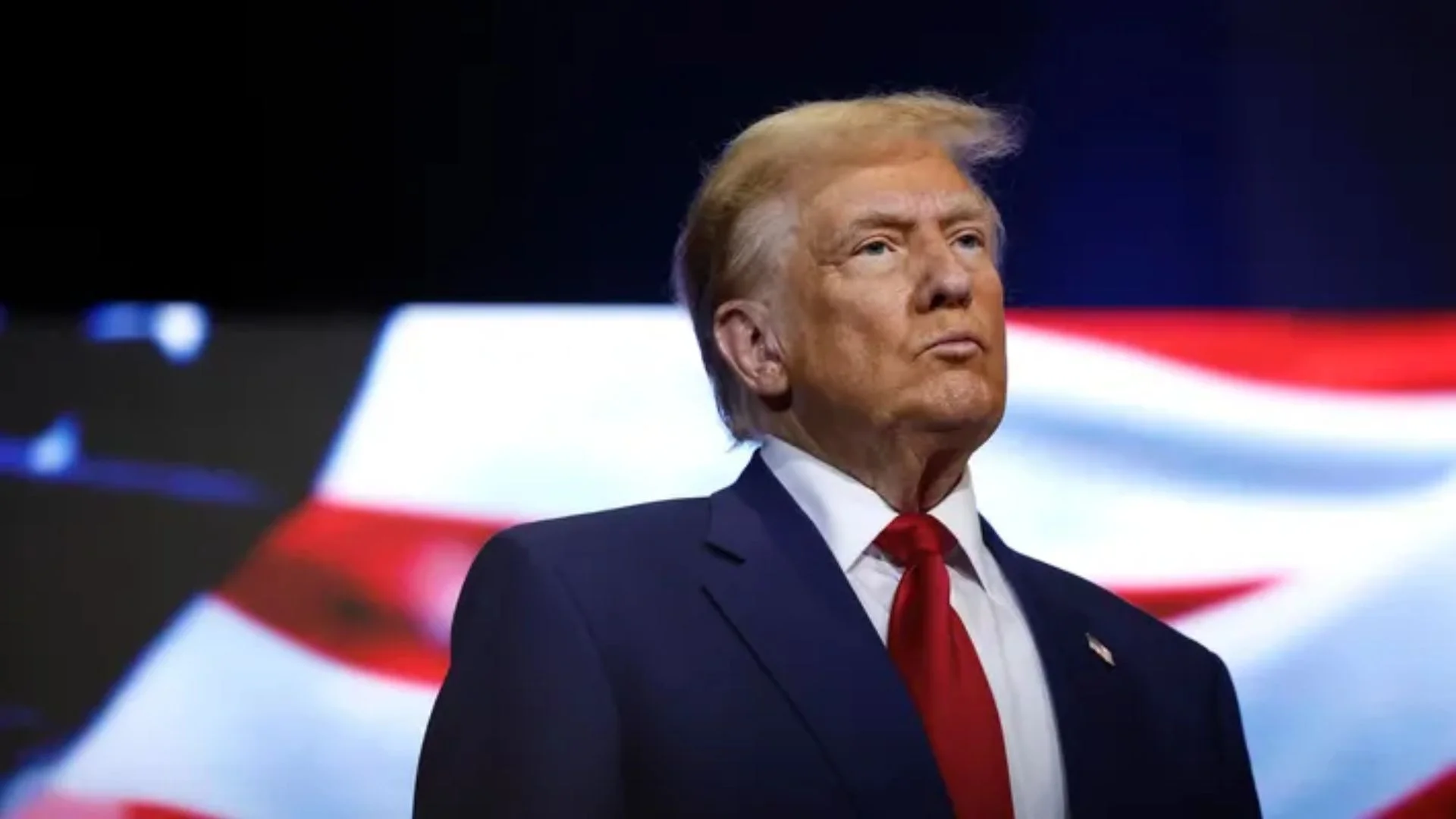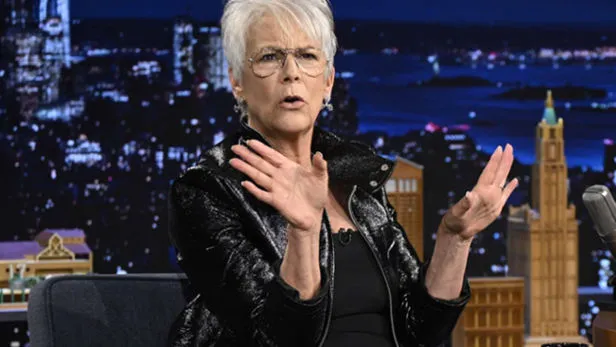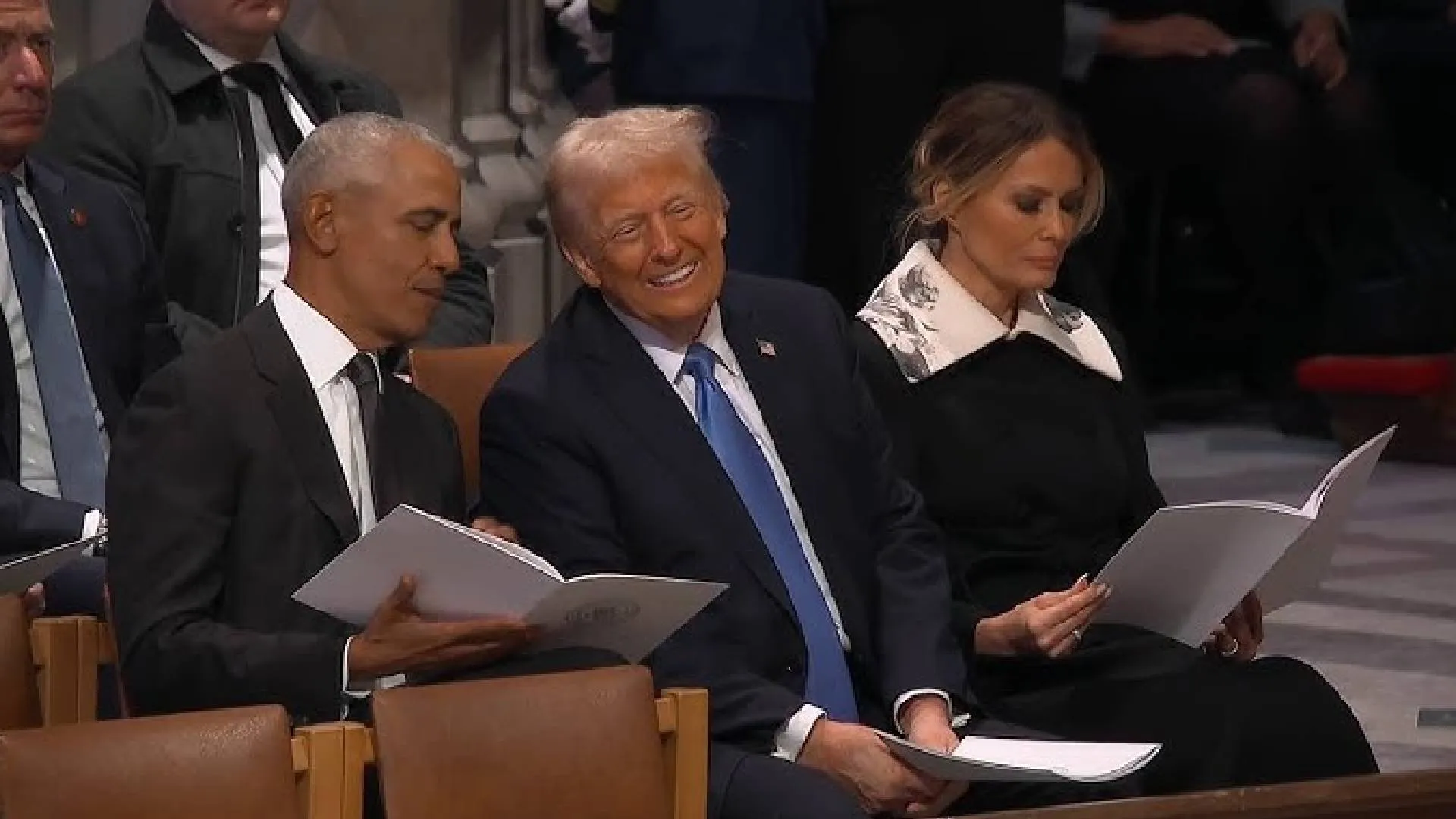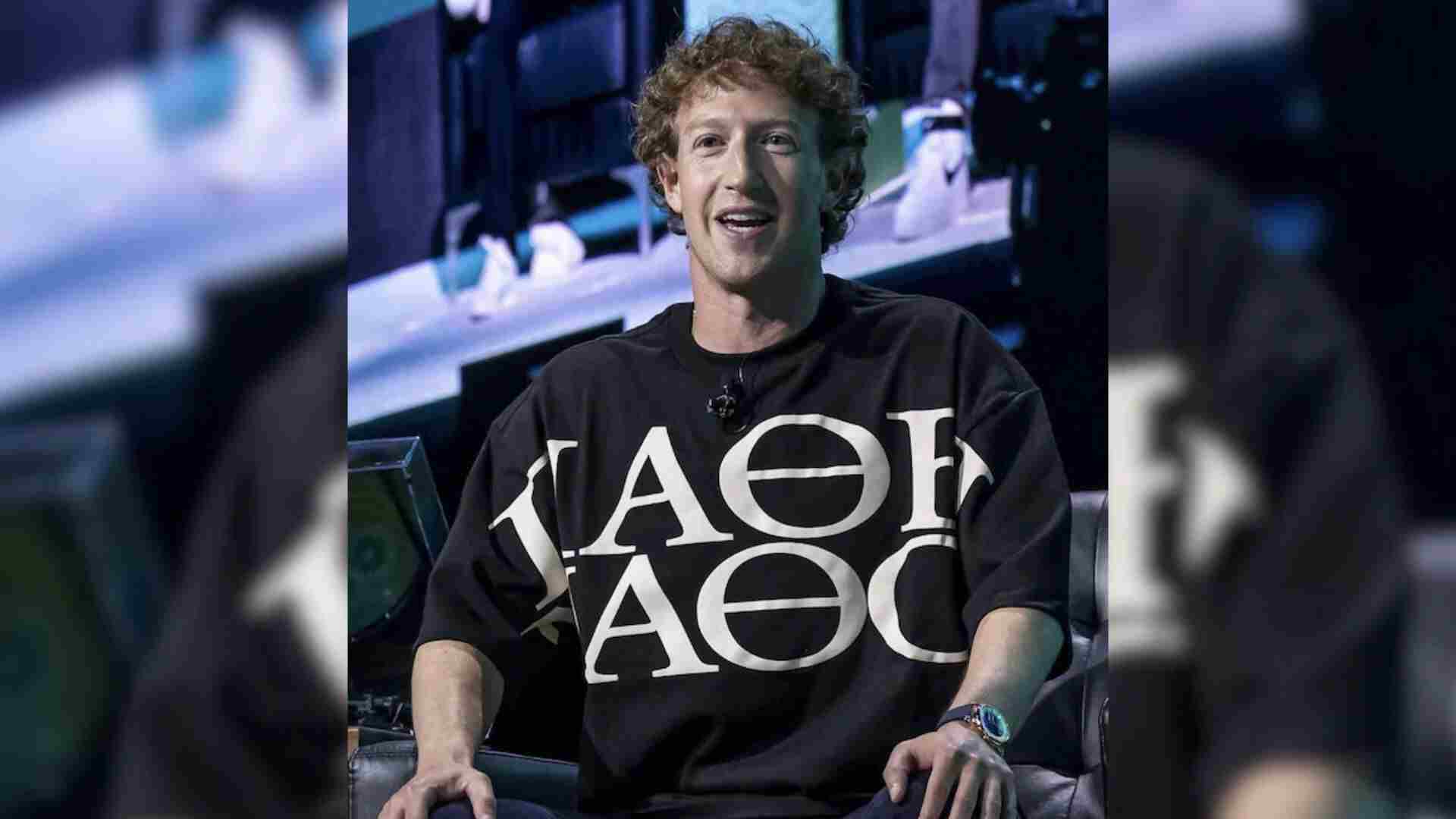Ratan Naval Tata, the former chairman of the Tata Group and a legendary industrialist, passed away at Breach Candy Hospital in South Mumbai at 11:30 PM on Wednesday. He was 86 years old. A recipient of the Padma Vibhushan, Tata had been in intensive care since Monday. His remarkable contributions to various industries will be remembered, as he played a key role in transforming sectors from automobiles to software and fast-moving consumer goods (FMCG). Under his leadership, Tata turned the Tata Group into India’s largest and most influential conglomerate through a series of strategic and high-profile deals.
Educational Background and Early Career
Educated at Cornell University in Ithaca, New York, Ratan Tata returned to India in 1962 and began his career on the shop floor of the family-run Tata Group. In 1991, he became chairman of Tata Industries and later took over as chairman of the Tata Group from his uncle, JRD Tata, who had led the company for over 50 years.
Expansion of the Tata Group
During his tenure, Ratan Tata led a significant expansion of the Tata Group, acquiring prestigious British assets, including the steelmaker Corus and the luxury car manufacturer Jaguar Land Rover (JLR). His acquisition of JLR in 2008 for $2.3 billion was particularly noteworthy, as it surprised competitors both in India and around the world.
The Acquisition Story of Jaguar Land Rover
The story of Tata’s acquisition of JLR is both dramatic and inspiring. In 1999, during a visit to the United States, Tata went to sell his struggling car business to Ford. However, during a meeting with Ford’s chairman, Bill Ford, he faced humiliation when Bill remarked, “You (Ratan Tata) do not know anything, why did you start the passenger car division at all? We are doing you a big favour by buying your car division.” This moment deeply affected Ratan Tata, leading him to withdraw from the deal and return to India.
Nine years later, circumstances had changed dramatically. Ford, which had acquired Jaguar from British Leyland for $2.5 billion, found itself struggling with losses in the ultra-premium segment. In a surprising turn of events, Ford approached Ratan Tata, offering to sell JLR to him. This time, the roles were reversed, and Bill Ford expressed gratitude, stating, “You (Ratan Tata) are doing us a big favour by buying JLR, thank you.”
Ratan Tata’s vision and strategic decisions have left an indelible mark on India’s industrial landscape. His legacy will continue to inspire future generations of entrepreneurs and business leaders.

